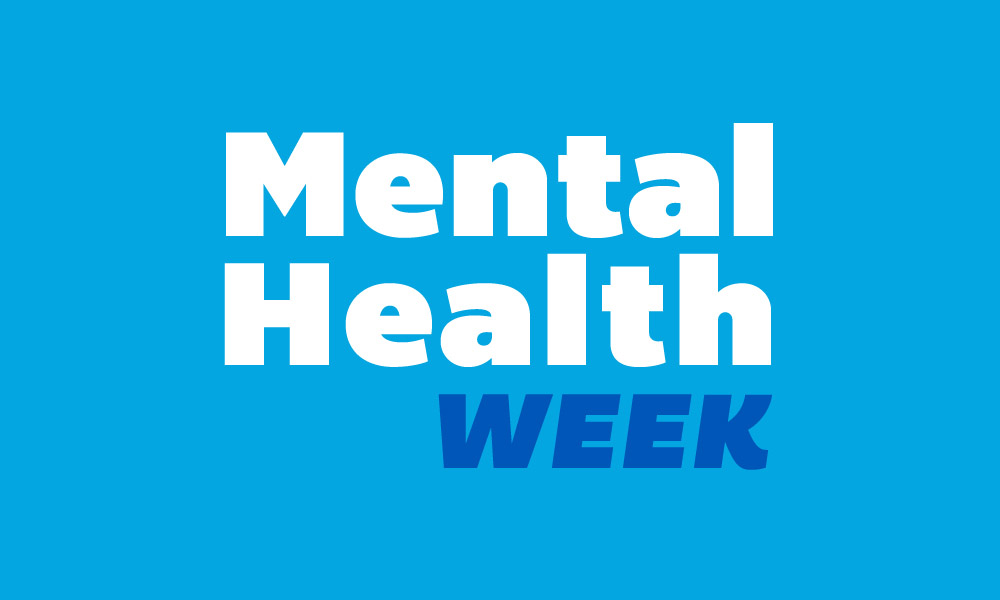MacEwan University’s Department of Communication is partnering with the Centre for Suicide Prevention to help journalism students learn to ethically and responsibly report on mental health issues.
Each Fall and Winter term, speakers from the centre will offer training to students as part of BCSC 210: Introduction to News Reporting course.
Neill Fitzpatrick, who hosted the first session in early January, says it’s a worthwhile conversation – especially for the many students in the class who are in the early years of their Bachelor of Communication Studies program.
“This is a heavy topic, but one that is necessary for us to discuss – as journalists and as people,” says Fitzpatrick, an assistant professor of journalism. “In my own experience as a journalist, suicides and other news connected to mental health issues tended to be swept under the rug. Frankly, meaningful reporting around suicide and suicide prevention should happen more often – the more education we can provide about these issues, the better.”
The training focuses on addressing stigma, shifting the narrative toward suicide prevention and making sure that future journalists understand that their work can have a real impact.
“How journalists communicate about suicide matters,” says Hilary Sirman, education director with the Centre for Suicide Prevention. “Sensational reporting can have a negative effect on suicide rates, while responsible reporting can have a positive impact. This means that journalists have an opportunity to bring about meaningful change, encourage public discussion and raise awareness about mental health.”
As part of their training, students in Fitzpatrick’s class learned about the complexity of suicide.
“It can be tempting to want to explain the death – to link it to a specific event or circumstance, but we know that suicide involves a number of complicated, interrelated factors,” says Sirman. “Suicide is complex because human beings are complex.”
Avoiding oversimplification is important, but so is looking for opportunities to highlight stories of people coping with adversity, showing resilience and recovering.
“By breaking down stigma, finding the helpful angle in the story and amplifying hope, we can change the narrative from suicide death – which is tragic and terrible – to suicide prevention,” says Sirman. “Doing so can help protect others who might be going through similar situations.”
While these kinds of formal conversations around mental health are relatively new in journalism classrooms, says Fitzpatrick, they have the potential to help shape future reporting.
“It is incumbent on us to make sure that students hear different perspectives and are prepared to tell difficult stories,” he says. “Bringing in experts who can share their first-hand experiences and knowledge is an important part of preparing students for the future.”
For more information on reporting on mental health, visit mindset.mediaguide.ca.
If you or anyone you know is considering suicide, help is available. Call 1-833-456-4566 or text 45645.
Visit campus mental health resources and community mental health resources for more information on services and programs for members of the MacEwan community.
 FIND EVENTS
FIND EVENTS
